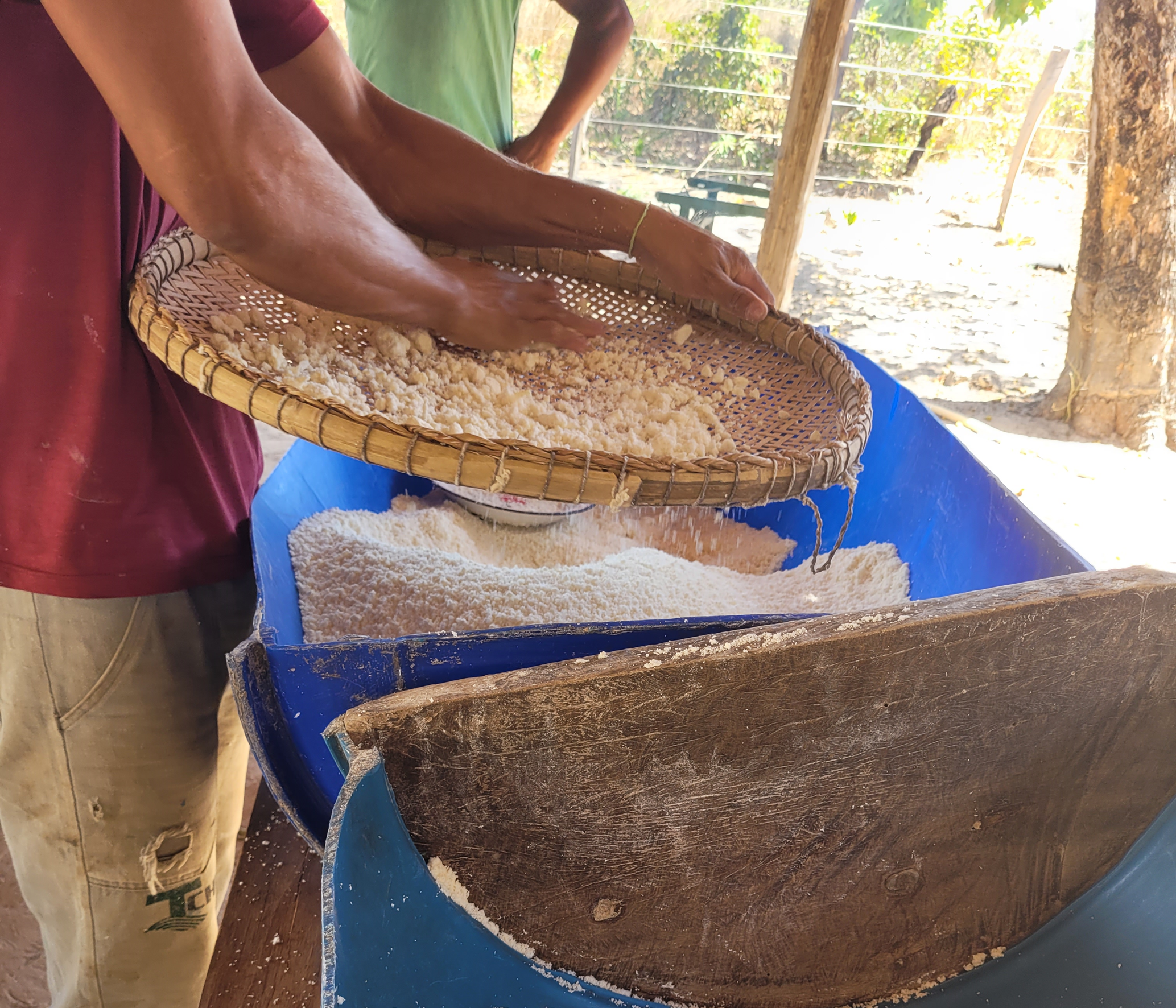
SOMALIA
THROUGH
CDWD LENSE
REPORT
DATA
INFOGRAPHIC
DISCUSSIONS
RECENT ACTIVITIES
NEWSLETTER
SUBMISSIONS
EVENTS
Courtesy Rights Expert Somalia
Caste has been an integral part of Somalian society for centuries now. The ‘lowest’ castes in Somalia are called Sab and are considered polluted. The three main groupings under Sab are Midigan, Tumal and Yibir. Together, they constitute 1 percent of the total population of Somalia, but they don’t have any territorial, genealogical or ethnic foundation.
The concept of purity plays a very big role among the Sab in Somalia. The outcaste group is considered to be ‘dirty’ and traditionally forbidden to socialise with other communities. ‘They are considered by other Somalis to have become impure (‘haram’). Origins of this perceived impurity are unclear, but maybe related to both the nature of their occupations, seen as polluting, and myths concerning their hunting and eating traditions that are seen as against Shahri’a precepts’.
Traditional occupational roles are ascribed, wherein the Tumal are the blacksmiths, and the Yibir and Midigan are the hunters and leatherworkers. The Midigan are considered to be former slaves, or servants to a noble clan group. The Midigan constitute the largest Somali outcaste family, and its sub-clans include the Madhiban, Maxamed Gargaarte, Muuse-Darye, Tumaal, Yibir, Howle, Mahaad. These groups are stigmatized as being of ‘unholy origin’ and belonging to ‘polluting’ occupations.
Restriction and isolation against this group have taken multiple forms such as restriction on possession of land, cattle or horses, denial of education, employment and health services. This group is socially and physically segregated from other communities and endogamy is strictly practiced. There is restriction in terms of employment; the Sabs are mainly engaged in traditional occupations or menial tasks. In terms of political representation, in Somaliland, they are still under-represented with only one seat in Parliament. Apart from this, discrimination against them includes being targeted for hate speech and prohibition of intermarriage.
Somaliland has stated that programmes aimed at eradicating long lasting bad practices shall be a national obligation, but has not introduced any specific anti-discrimination laws. People from these excluded communities continue to face extreme forms of isolation and discrimination, which acts as an obstacle in their attainment of civil, political, economic and social rights.


